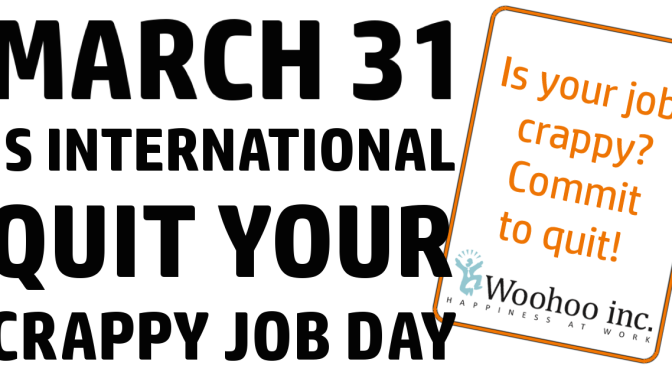
This is so far just a small study of employees at one company, but the results are interesting. Researchers Ravi S. Gajendran and Deepak Somaya summarize their study as follows in HBR:
We began our study by surveying over 700 employees at a large multinational IT firm. We asked them to assess their manager’s leadership quality…
Eighteen months later, we went through the list of survey responders to see who had left the company… and… interviewed these former employees, 128 in total, to find out why they left the firm, how their new job was different from their previous one, and — most importantly — if their perceptions of their prior employer had changed.
These were the results:
What we discovered was surprising. Good leadership doesn’t reduce employee turnover precisely because of good leadership.
Supportive managers empower employees to take on challenging assignments with greater responsibilities, which sets employees up to be strong external job candidates.
So employees quit for better opportunities elsewhere — better pay, more responsibility, and so on.
I can already hear the lousy managers out there saying “See – I told you there was no reason to treat my people well.” :)
But that is precisely the wrong lesson to draw here. Though the researchers themselves conclude that “Leadership does not beget retention,” I don’t think that’s warranted yet. That is too broad a conclusion to draw based on a study of one workplace.
I’m sure there’s something to the idea, that if you lead your employees well, they’re more likely to grow and develop to the point where they are able to find work elsewhere or start their own businesses. It reminds of the old quote:
What happens if we develop our employees and they leave?
What happens if we don’t, and they stay?
Other studies have shown that the quality of the leadership strongly affects absenteeism, motivation, creativity and productivity, so even if we accept that good leadership has no effect on retention, it still improves business results.
The study also did not take into account whether employees ever came back to their old workplace with new skills and experience.
Finally, as I have often said, even if good leadership did not have a single proven positive effect on business outcomes it would still be the right thing to strive for, because we know that bad leadership hurts an employee’s career, health and private life.
Related posts











